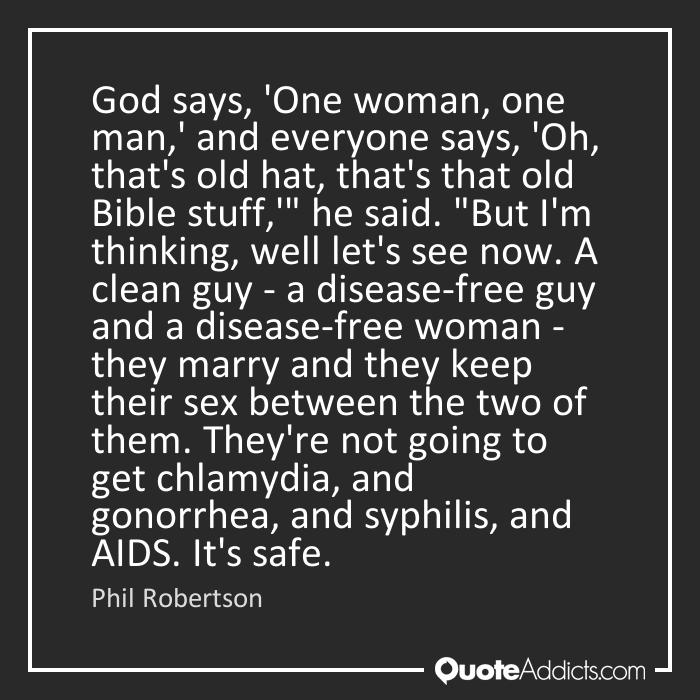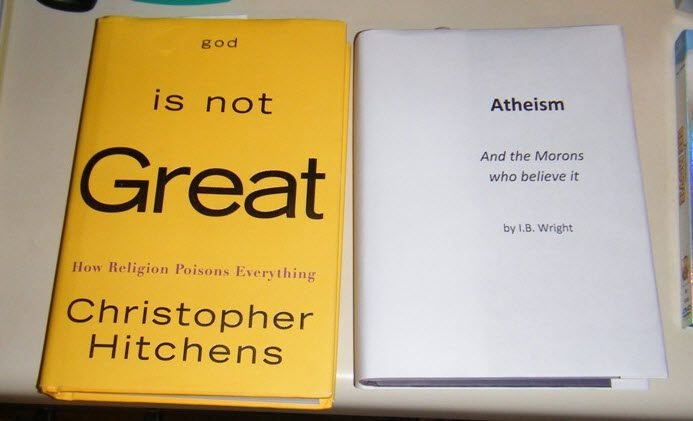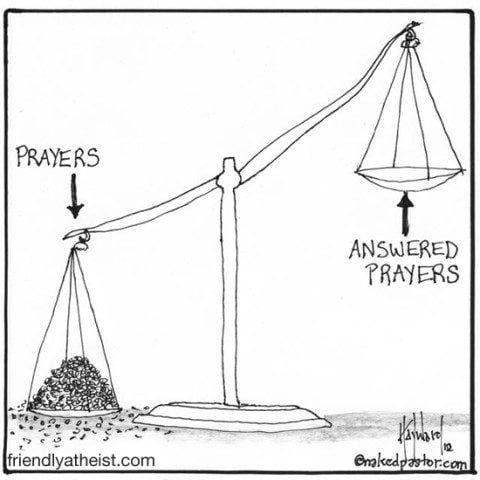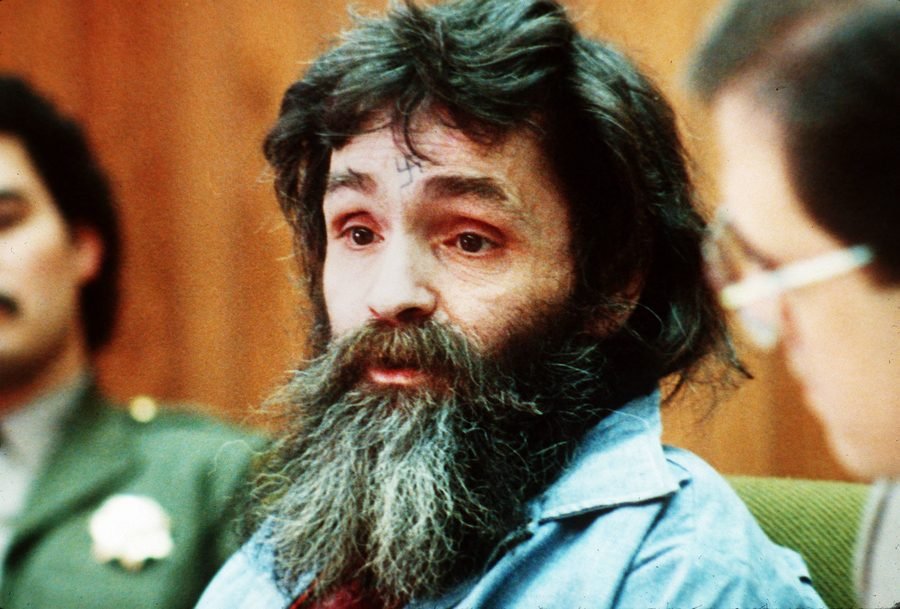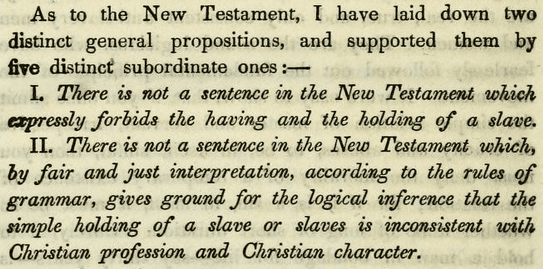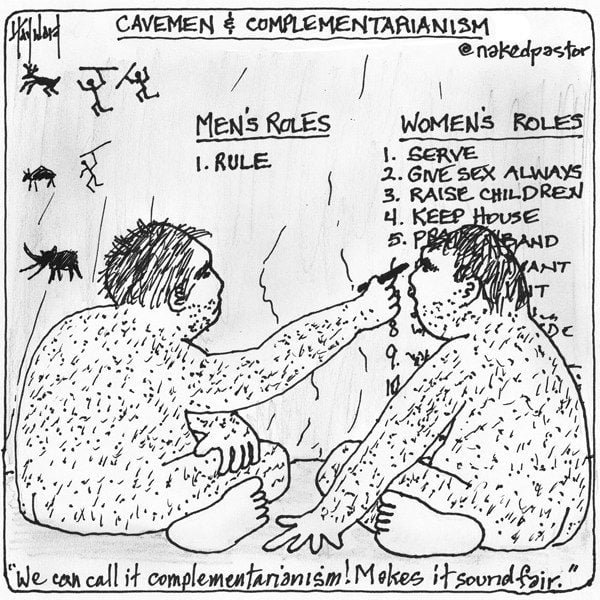
Guest post by ObstacleChick
Growing up in Evangelical Christianity, both in the Southern Baptist church and at a Christian school, I had a lot of things to learn about what it means to be a good, obedient Christian. We were taught that if we were saved and followed X, Y, and Z rules — God’s plan for our lives — then we would be living the best lives possible. Rebellion against God’s plan for our lives would lead to misery, suffering, and not living up to the potential for which God created us. Most of what I learned between church and school matched up, but what did not exactly match up was the concept of Biblical gender roles.
Looking back, I believe that the administration at the Christian school were careful not to dwell too much on gender roles because their role as a school was to provide students with a good education based on Biblical values and teachings. So other than gender-based dress code and the understanding that only men were called to preach the Word, we were not taught too much about differences between men and women or their approved roles. However, at church it was a different story.
During the 1980s, some of the leadership within our church started to teach Biblical manhood and womanhood seminars. Originally designed for married people to attend, there was a small class for us older teen girls that was taught by my friend’s mother who wanted her daughter to learn proper Biblical roles. My mom and grandma took the Biblical womanhood courses taught for married women. I do not recall if my stepfather and grandpa took the courses (most likely not as neither particularly liked sitting in classes or seminars). I do not even know how much my mom and grandma knew about the courses before they started taking them. Had she known, I’m fairly certain that my mom would have discouraged me from taking the course.
In any case, every Saturday morning, six teenage girls from my church and school sat in my friend’s living room while her mother taught us what it meant to be a Biblical woman. First, we learned that God designed men and women differently outside the obvious physical differences. Men were designed to be analytical thinkers, to rely on data, to desire to solve problems, and to be nearly devoid of emotion (or at least to be able to control emotion — which reminded me of the description of the Vulcans on Star Trek). Men were driven to arousal entirely by visual cues — if they saw an attractive woman, they would desire to touch her. Women, on the other hand, were highly emotionally driven and relied on feelings rather than data or intellect. Women were designed to be nurturers and to desire to bear and take care of children. Whereas men were visually aroused, women were only aroused by physical touch. Therefore, it was important for women not to do anything to draw undue or unnecessary attention to their physical appearances in order to prevent men from wanting to touch them.
From there, we moved into all the Bible verses that supported the notion that children are supposed to be submissive to all adults; that wives are supposed to be submissive to their husbands; that husbands are supposed to be submissive to the church; and that the church is supposed to be submissive to Jesus. This hierarchy is God’s perfect and holy plan for humans, given to them so that they may live fulfilling and happy lives in service to him. We were taught that rebellion to God’s plan would lead to an unhappy home life, full of strife and displeasing to God. And husbands who did not live in perfect submission to the church would be putting their families in jeopardy by not providing the God-approved spiritual leadership that they were required to provide. While wives were required to submit their will to that of their husbands, it was only suggested to men that they could listen to their wives and love them if they so chose.
We young women were taught that feelings of rebellion against this perfect plan from God was a sign of sin in our lives, and that we should pray and read the Bible in order to purge these wicked thoughts from our lives. It was reiterated that the only way we could be happy in life was to submit our will to that of our husbands because we were not designed to be able to make big decisions for our families. Only our husbands were designed to make decisions because they thought logically and analytically and weren’t swayed by emotion or hysteria. (Our silly little women’s brains were flooded with pesky hormones and emotions, drowning out any analytical or logic-based skills we may have had, though it was doubtful that we had any).
I literally felt nauseous hearing all this. Rebellion rose up within me like bile, a sign that I was not right with God, a sign that Satan was drawing me away from God’s perfect plan. Obviously, there was something seriously wrong with me because I excelled at mathematics and science, I was drawn to maps and navigation, and I rarely exhibited emotions. I suppose it was possible that all the boys in my grade were underperforming and not living up to God’s standards, but facts showed that I was the top math and science student in my grade (the top student in every subject, in fact). Knowing that there was something wrong with me (it’s sad that my first thought was that there was something wrong with me, not that the religious concept was wrong), I swore at age 18 as a senior in high school that I would never marry. I knew I would never be able to submit my will to that of another, regardless of how intelligent or godly or anything else he was.
My grandma, always striving to follow her deity’s will to the best of her ability, implemented this complementarian doctrine into her marriage. My grandpa wanted nothing to do with it, and occasionally I would hear grandma say, “well, I have to submit to my husband” when we all knew she wanted to speak up but withheld her opinion. Grandpa had to start going to great lengths to encourage Grandma to give her honest opinion. He was drawn to her for her intellect and spirit, so I think it was difficult to see her suddenly struggling to turn off those traits about her that he loved. I don’t know how they eventually worked it out as I moved away to college soon after, but they seemed to find a way to manage so that she could still serve her deity and he could still have the woman he fell in love with. (I’ll write about my grandfather’s feminist tendencies another time).
My mom and stepdad never followed the complementarian roles. My mom was by far my stepdad’s intellectual superior, and they had determined that they would discuss big decisions, but in the end, my mom would make the decisions.
Science shows us gender and sexuality are on a spectrum, not strictly binary. While most people carry XX or XY chromosomes, there are people who are XO, XXX, XXY, or XYY. I can only surmise that Evangelical Christians would say that these people should adopt the gender shown by their external sex organs and that they must only practice married sex with someone with the opposite external sex organs. And if the union does not bless them with children, then that is due to the problem of sin in the world. Perhaps their sect allows adoption; in any case, they should pray and seek God’s will in the situation.
During college, I moved further from Evangelical Christianity and was able to expand my world view. In the end, I found a man who was looking for a partner, not a submissive wife, and we have a good relationship. We are both analytical and logical thinkers, and oddly enough, he is more emotional than I am. Whenever we watch a sad movie, the joke from our kids is “how many times did Dad cry?” I had put a lot of this complementarian drivel out of my mind for many years, but it started coming up again with Josh Duggar scandal, Roy Moore, and people from my past posting complementarian ideas on social media. Recently, I told my husband about my experience learning these Biblical manhood and womanhood roles. He was uncharacteristically silent for a moment and looked at me like I had two heads, then in his true sarcastic fashion, he said, “Well, then, woman, submit and go make me a sandwich and bring me a beer!” I told him where he could shove the sandwich and beer.

 A guest post by ObstacleChick
A guest post by ObstacleChick